The rainy season in India can be detrimental to your cattle’s health if you’re not prepared. Make sure you follow these five tips so that your cattle remain healthy throughout the rainy season and don’t contract any dangerous illnesses.
In particular, steer clear of sick animals. The rainy season is one of India’s worst for widespread animal disease outbreaks, and you want your cattle as healthy as possible. If you notice signs that your animals are sick—such as diarrhea or fever—keep them away from other cattle, and get a vet out there as quickly as possible (preferably within 24 hours). If a large number of your livestock gets ill in a short period, contact agricultural officials right away. They’ll be able to determine if it’s an outbreak and advise on how best to contain it and keep everyone safe. And remember: Unvaccinated cattle can’t be sold, so make sure all your cows are up-to-date with their shots. Otherwise, they won’t qualify for sale until after six months have passed since their last vaccination date.
2) Vaccinate cows against common ailments
Because it’s monsoon season, you should take steps to make sure your cows are as healthy as possible. As an owner of cattle, one of your major responsibilities is to keep these animals protected from dangerous diseases and viruses that can kill them. Today, I want to give you some tips for keeping your cows healthy during monsoon season. Here are five tips for managing your livestock during these rainy months Vaccinate against common illnesses: One of your biggest tasks in protecting your cows will be ensuring they get vaccinated against illnesses like foot-and-mouth disease.
3) Feed Good Quality Hay and Straw
Hay and straw are a good source of roughage and energy for your cattle, which is key during monsoon season when the grass isn’t available. Make sure you feed enough to keep your cattle healthy. One good trick is spreading hay around their water troughs, as it will make them drink more; also makes them more likely to spread manure over a larger area of land (less chance of contamination). And if you do find yourself with animals that aren’t doing well despite your best efforts, it’s always better to ask for help from someone who’s been there before! There’s nothing wrong with reaching out for advice; few people succeed without asking questions along the way.
4) Exercise your cattle daily during the rains
Exercising your cattle every day is not only good for their health, but it also reduces stress levels and helps keep them fed on land where they don’t have access to grass. Exercise sessions needn’t be strenuous; simply walking a few hundred meters at a steady pace will suffice. Ensure that you follow up with feeding immediately afterward. You’ll notice improved health in your herd almost instantly. Be sure you don’t overdo it; if your animals become too tired, they may fall prey to disease or injury as a result of sheer exhaustion. These are likely causes for heavier losses during monsoon season than any other factor—so pay attention! If an animal becomes ill, make sure to contact a veterinarian immediately. In addition to providing basic medical care, he/she can advise you on how best to treat your animals while protecting yourself from infection.
5) Create a safe area for your animals
Animals need to get out of wet weather as much as people do. Give your animals a dry, draft-free place to hunker down when they’re outdoors—think storm cellars and garages. If you don’t have any open storage space, provide them with an area that’s at least partially protected from rain and wind; a roofed shed or barn is ideal. And make sure there’s enough room for all your critters inside. You don’t want one or two individuals hogging all of the space! 2. Provide plenty of food and water: Just because it’s raining doesn’t mean your animals can go without food or water.
Read Also :
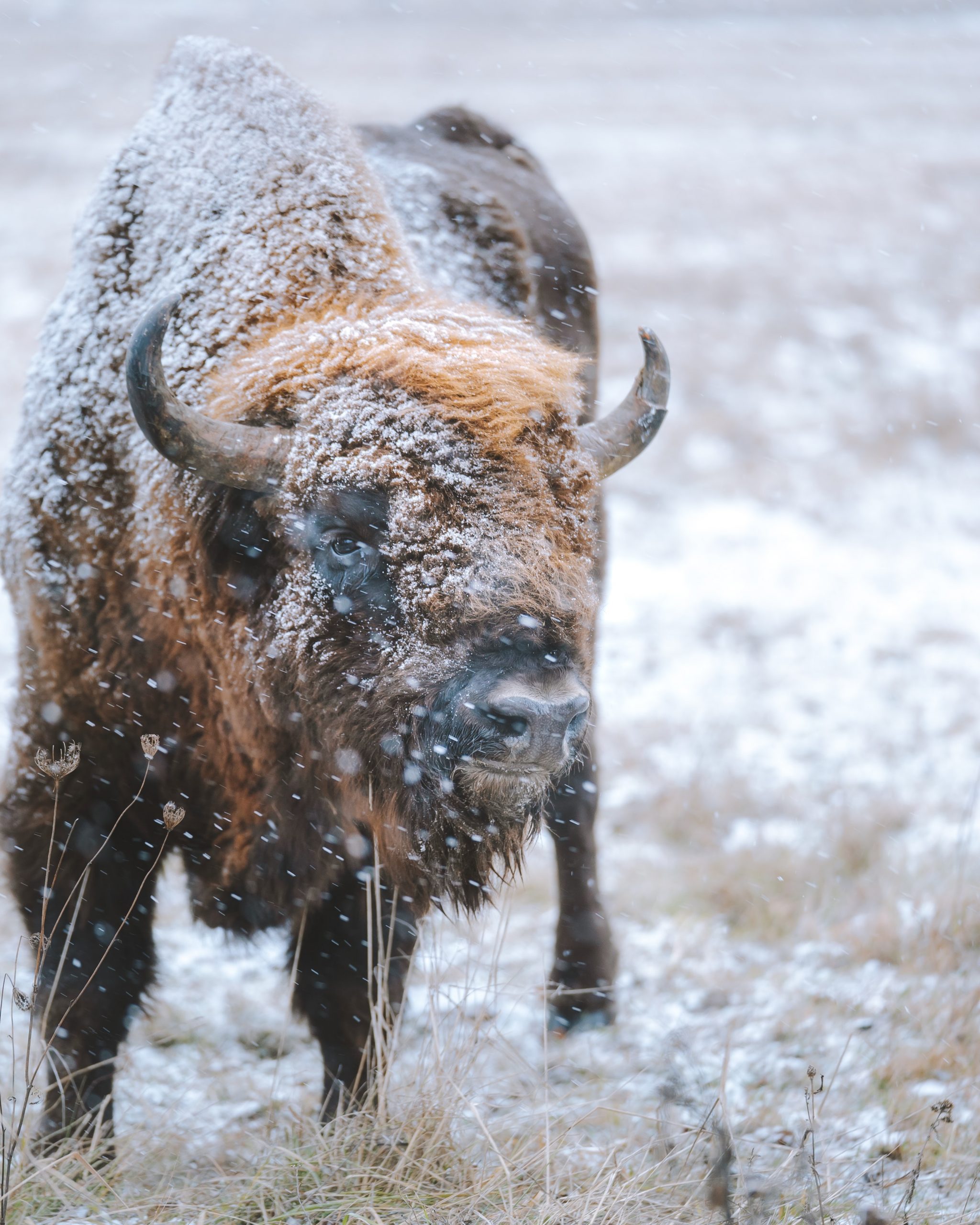


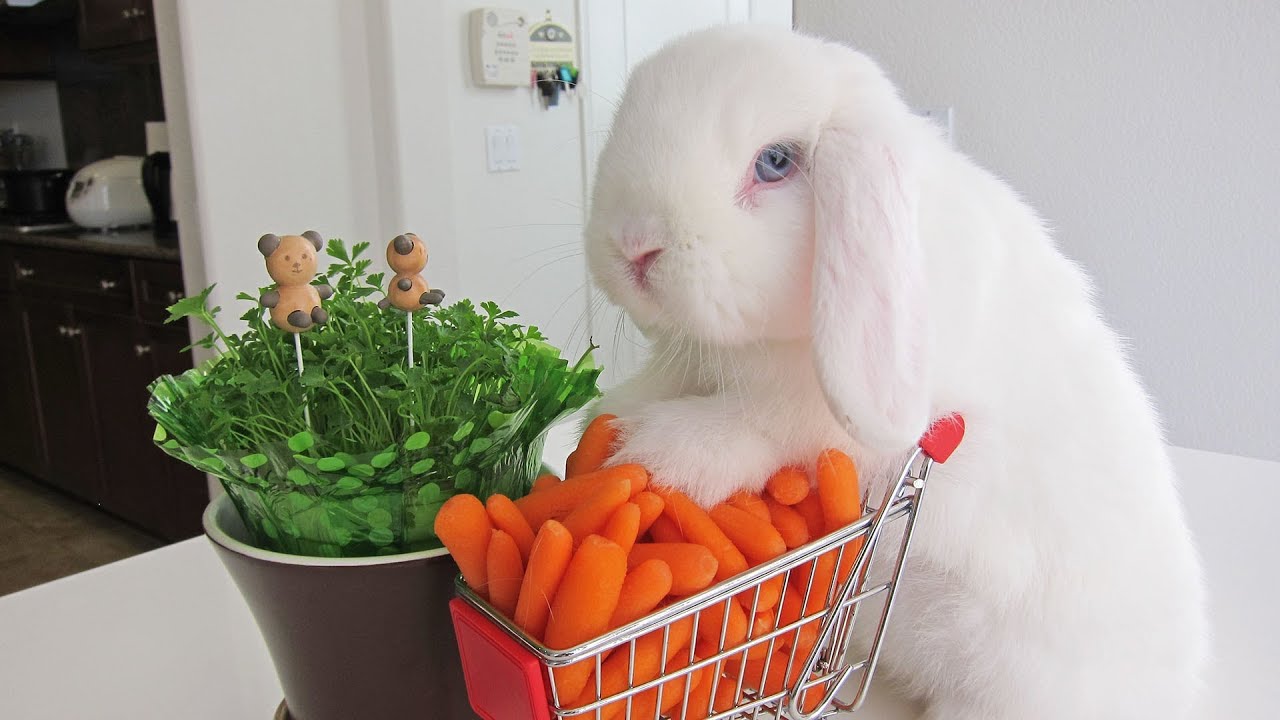

 Cats1 year ago
Cats1 year ago
 Cats8 months ago
Cats8 months ago
 Dogs2 years ago
Dogs2 years ago
 Birds1 year ago
Birds1 year ago
 Cats8 months ago
Cats8 months ago
 Cats7 months ago
Cats7 months ago
 Horses1 year ago
Horses1 year ago
 Dogs8 months ago
Dogs8 months ago



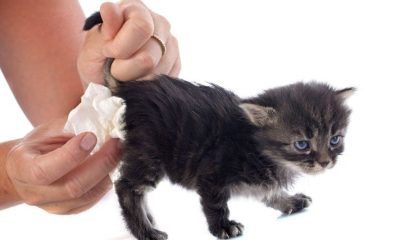





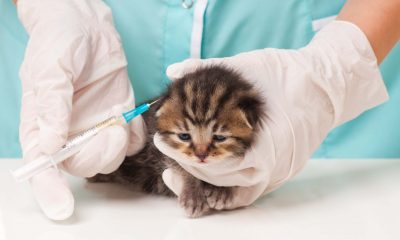

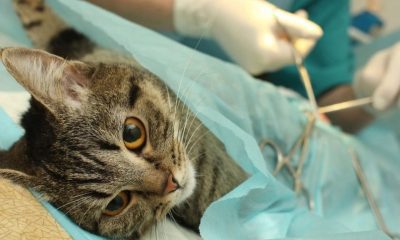





Pingback: How to become a cattle rancher - Gentel Life Plus